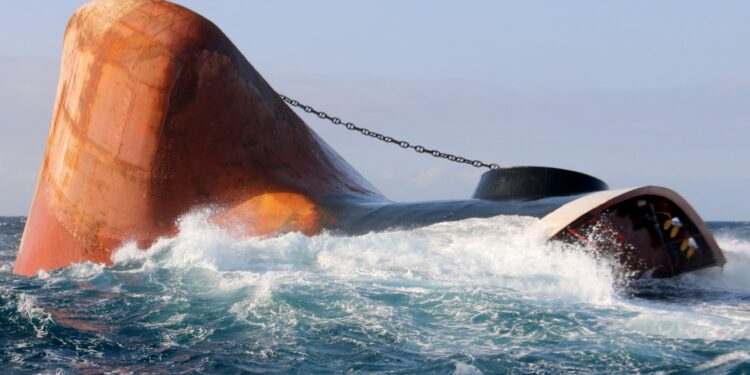Lloyd’s of London Insurance Market Authority said on Wednesday that the global economy may face losses amounting to $14.5 trillion over 5 years due to a geopolitical conflict that harms supply chains and the insurance market.
Lloyd’s said in a statement: “With more than 80% of the world’s imports and exports (about 11 billion tons of goods) at sea at any given time, the closure of major trade routes due to any geopolitical conflict is one of the biggest threats to the resources needed for any resilient economy.” “.
Fifth scenario
The geopolitical conflict is the fifth scenario in Lloyd’s’ Systemic Risk series, which aims to provide risk managers, governments and insurers with data-driven impact assessments of the most important global threats facing society today.
According to the statement, the economic impacts of this scenario come primarily from the severe damage to infrastructure in the conflict zone, the need to reorganize global trade networks due to the imposition of sanctions, and the effects of damaged shipping lines.
The company stated that the impact on companies depends on the region in which they are located and other factors, such as involvement in conflict, dependence on international trade, and goods that may be delayed or lost due to supply chain disruptions.
losses
The company cited as an example that Europe relies heavily on other industrially developed countries for supplies that include semiconductors for manufacturing cars and electronics, and thus in this scenario it may lose up to $3.4 trillion.
It is noteworthy that geopolitical tensions in the region escalated after Israel launched a war on the Gaza Strip on October 7, 2023, and its scope expanded to include Lebanon, Iraq and Yemen, as the Houthis targeted commercial ships heading to Israel in an attempt to lift the siege imposed on the Gaza Strip, according to Say them.
The circle of targeting expanded to include ships belonging to countries that formed an alliance to prevent the targeting of these ships, which led to ships avoiding passage in the Red Sea and taking the Cape of Good Hope route around Africa, in addition to the rise in the cost of ship insurance.



